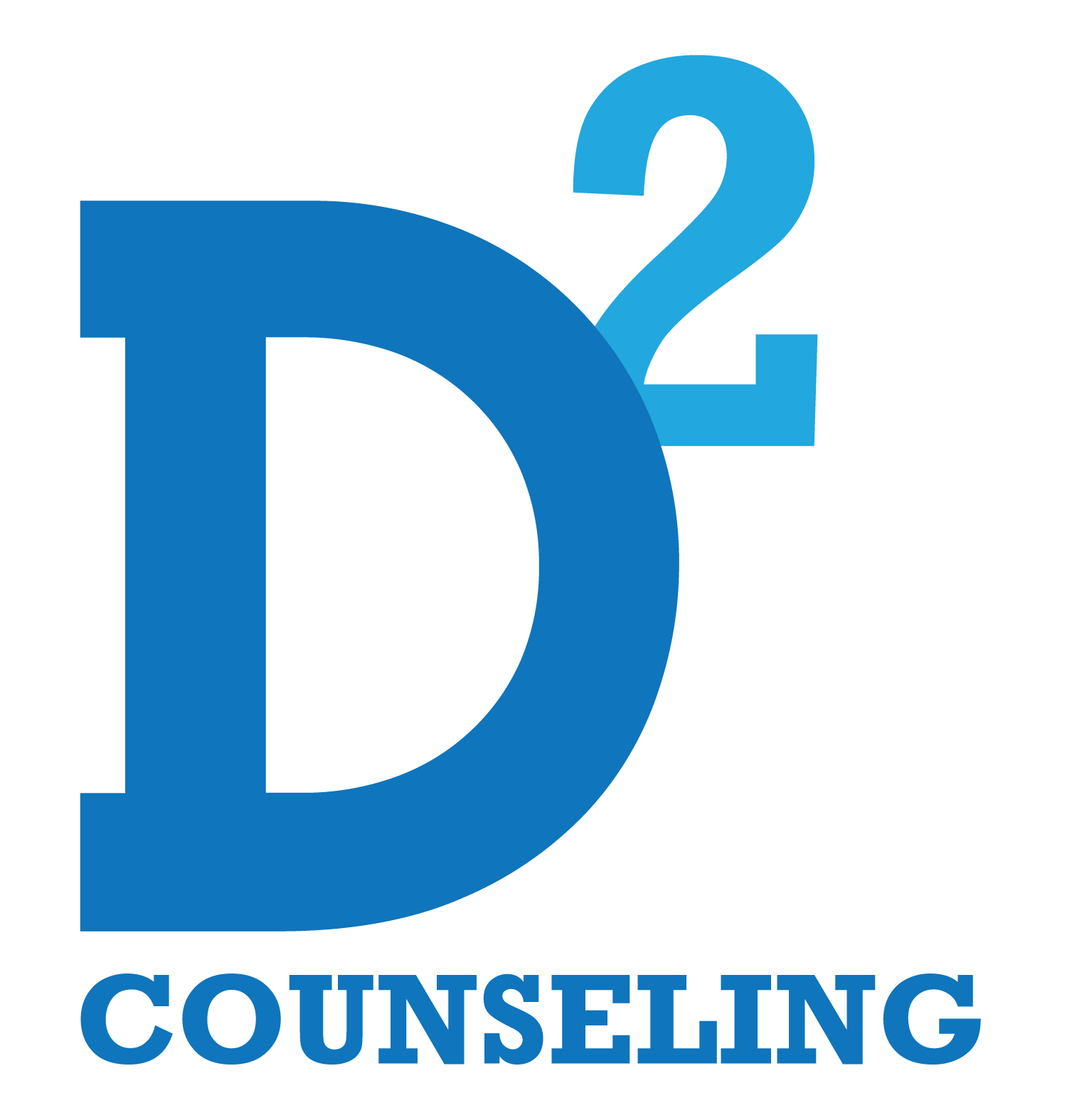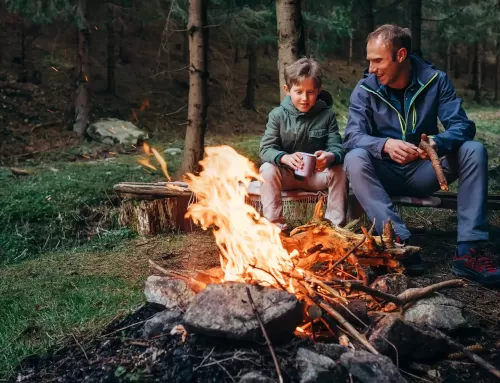In the course of my counseling teens and their families one of the subjects we invariably get around to is computer and cyberspace usage. Unless Mom or Dad is in the computer business or high tech, the kids are savvier than the parents are. The some- what offensive notion that we used to hold about our parents being a little doddering and out of touch has come true. Unfortunately we are them. Most, if not all, of my adolescent clients have their own web site under My Space or Facebook. Does your child have one? This is a site where anyone can claim a spot and start posting information, photos, music, video and invite comments from others. In an attempt to stay connected with my clients I posted my own MySpace (Actually my 13 year old did. This is obvious when you see that my profile tells the world that the focus of my world is my daughter and “I devote my life to serving her because the world revolves around her!”). I am then invited by others into their world on MySpace. In my “network” I am connected to 171,950,541 others. Friends of friends. There exist minimal safe- guards to the sites for the underage. They must invite you to join their sites. I have the privilege of seeing what is on your child’s site. You clearly do not know what is out there, or at least we need to visit about what you are allowing your child to post. Risqué pictures, blatant racism, simulated sex video and provocative blogging. As you might imagine, meanness comes out as well. The drama of High School is now played out online as well as in the halls of the school.
Whenever I notice societal trends that concern me, I always pause to remember the video of the preacher of the 60’s ranting and berating rock and roll from the pulpit because it was going to destroy society. “Ask any young person what they like about this rock music- they will tell you it’s the beat!” 40 years later I am still trying to understand what is wrong with rhythm. So I try to be cautious before raising an alarm. I suppose what concerns me most is that without guidance, our kids are exploring uncharted waters. We are somewhat cautious about what our children are exposed to. That is what rating systems are about at the movies. We get the opportunity to help shape what meaning our children make of various information pieces. And, we get to help them relate consequences to behavior. If we do not walk with them on the computer, we cannot offer this to them. We used to think that the brain was pretty much developed by the mid teens. Newer research shows that the growth and maturation of the brain does not occur until about 22. What this indicates to me is that we cannot blindly allow our children to wander with no boundaries. Most parents would not turn a young teenager lose in downtown Dallas but that is exactly what we do with their brain as they go into a computer we don’t know how to navigate. It is seductive for them to use that space to practice relationship skills, and explore their creativity, but boundaries need to be offered, and most parents are not taking advantage of this opportunity to help shape their children.
College students are finding out that posting inappropriate material on the Web comes back to haunt them at job interviews when their activity no longer remains anonymous (it really never was anonymous, it only seemed so). Likewise for a young teen to fantasize or report about something they have done will bring consequence.
This is a great intersection for the parents to discuss trust with their child. The teen is going to rightly seek privacy. But trust must be earned, not simply granted. And its earning occurs with proof that appropriate choices are made. I would offer that the child gets to access their site and post whatever, but we as parents must maintain the right to cruise through it at our discretion. Again, this is a great opportunity to sit with them and reflect on what you see on the site and what it means to your child. I am not naïve enough to believe that this will be a welcomed activity (I too have teenagers), but you owe it to your child to know what they are doing in their neighbor- hood, and who is in it with them. The big difference today is that it is a neighborhood that we did not have access to when we were their age.
– Rev. Daniel Gowan




